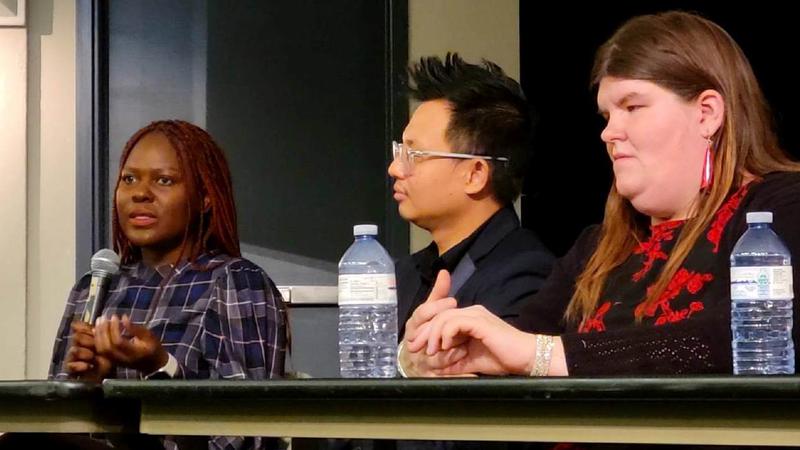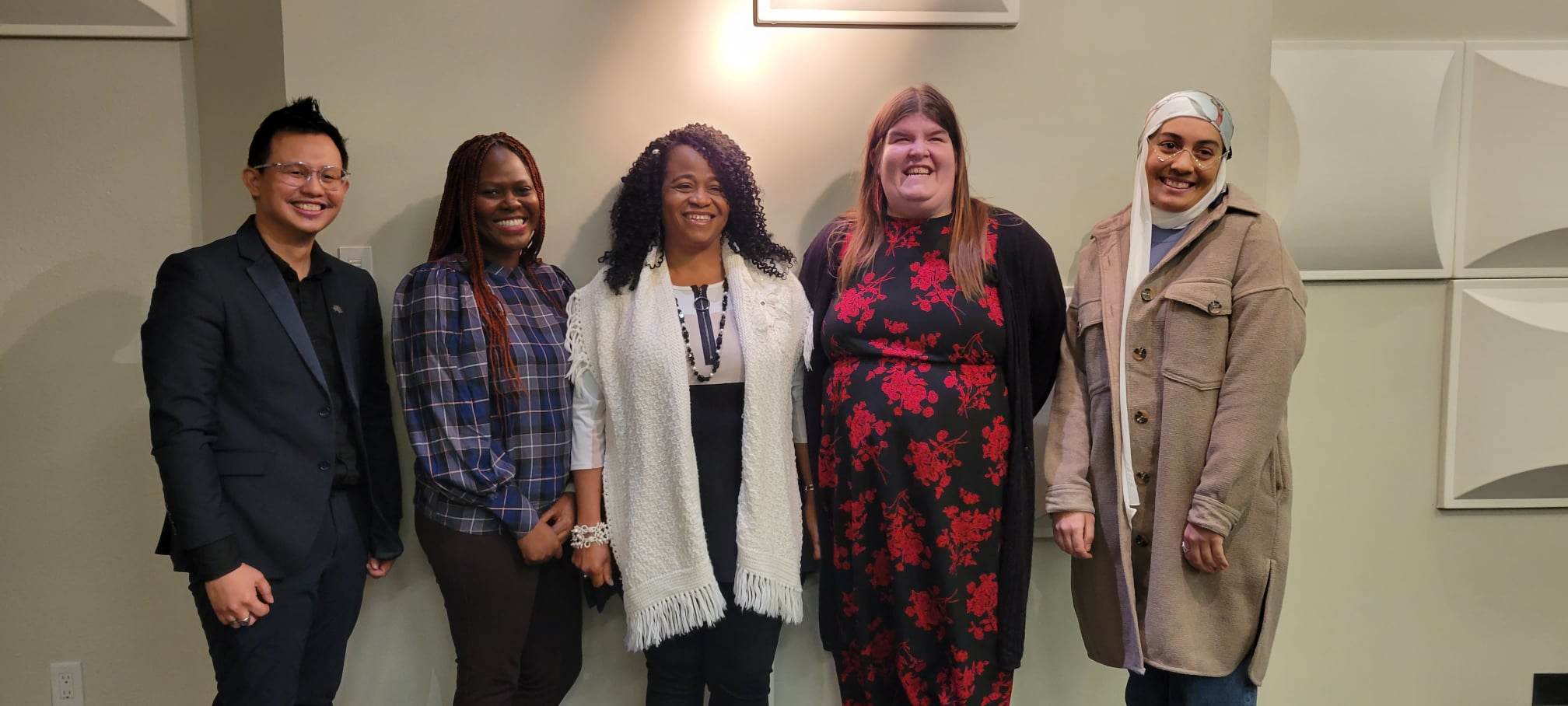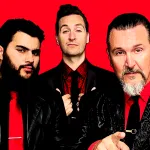
Declaration vs. Implementation: Red Deerians shine spotlight on Human Rights Day
What good are declared human rights if they are not implemented?
That question arose multiple times at an event in Red Deer this week to mark Human Rights Day, observed December 10; the theme this year is Dignity, Freedom, and Justice for All.
The question, raised by the event’s diverse panel of five, was aimed at the Universal Declaration of Human Rights, adopted by the United Nations General Assembly in 1948.
The quintet spoke at length about the apparent lack of human rights many people globally experience, and which was exposed during the COVID-19 pandemic.



